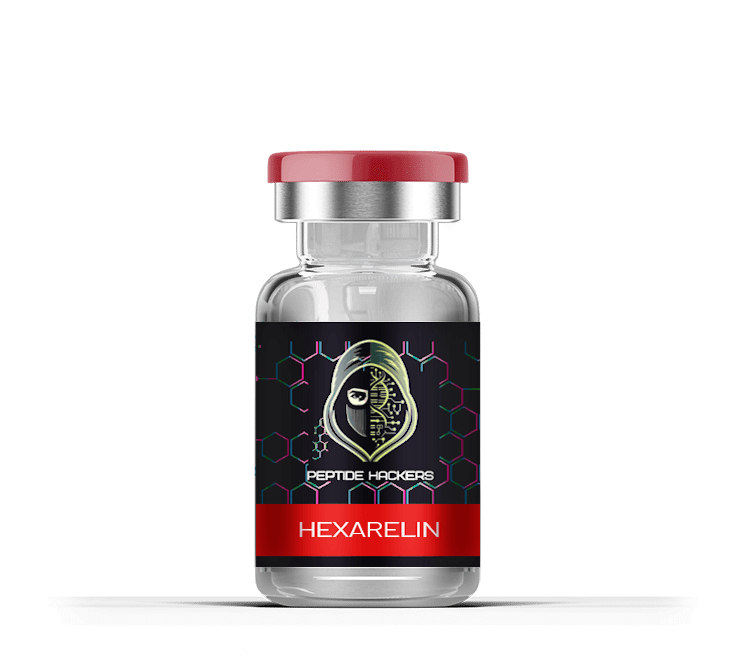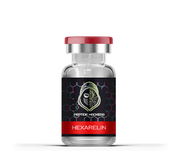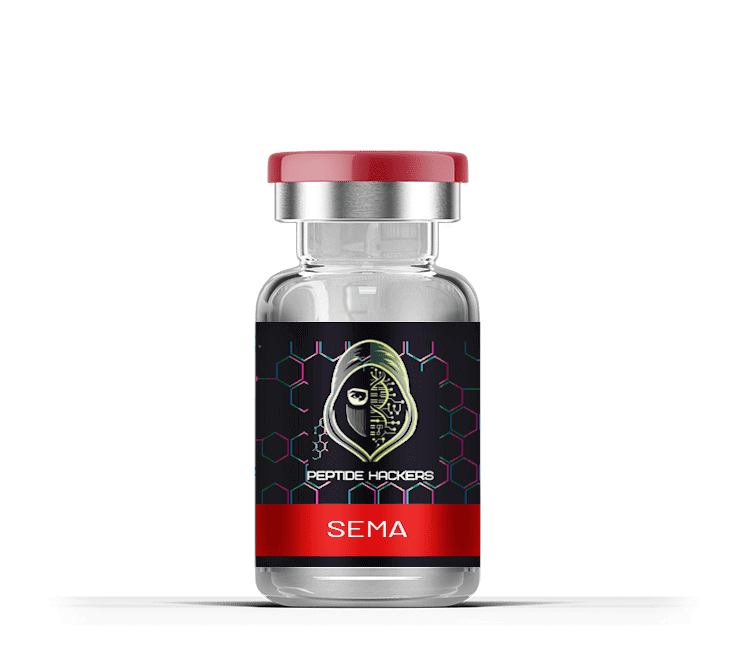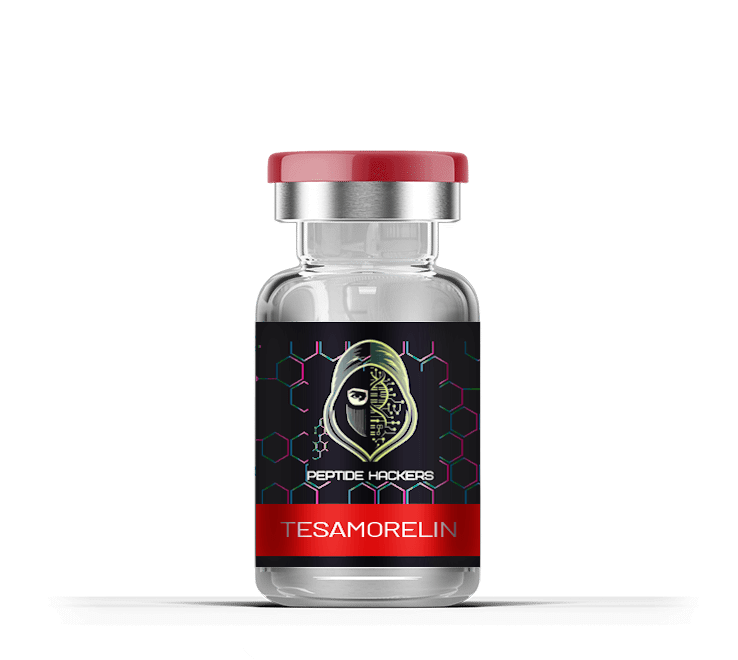Hexarelin: Growth Hormone Release Pathways in Laboratory Studies
Shipping: We offer reliable shipping options both domestically and internationally. All orders are processed within 1-2 business days. Shipping times vary depending on your location, and you will receive a tracking number once your order has shipped. Please note that international customers are responsible for ensuring that peptide products comply with their country’s import regulations.
Returns: Due to the specialized nature of our products, we do not accept returns or exchanges. If you receive a damaged or incorrect item, please contact our customer support team within 7 days of delivery. We will work to resolve the issue as quickly as possible, either by sending a replacement or providing a refund if applicable. For additional questions about shipping or returns, please reach out to our support team.
Research Mechanisms:
Anabolic Pathway Research
Laboratory studies demonstrate hexarelin's ability to stimulate GH secretion in animal models, leading to increased protein synthesis markers and muscle tissue development in research subjects. Experimental data shows enhanced IGF-1 expression and myoblast differentiation in cell culture studies.
Metabolic Research Applications
In vitro studies reveal hexarelin's effects on lipolytic pathways and adipocyte metabolism. Research models demonstrate altered metabolic rates and changes in lipid oxidation markers when exposed to this peptide compound under controlled conditions.
Tissue Regeneration Studies
Cell culture experiments show accelerated protein synthesis rates and enhanced collagen production in fibroblast models. Laboratory observations indicate modified tissue repair mechanisms in various experimental preparations.
Cardiovascular Research Models
Animal studies demonstrate measurable changes in cardiac output parameters and vascular tissue responses. Research data indicates receptor binding activity in cardiac tissue samples and altered hemodynamic measurements in laboratory subjects.
Cellular Aging Research
In vitro experiments explore effects on cellular senescence markers and telomerase activity. Laboratory investigations focus on collagen synthesis rates and extracellular matrix composition in tissue culture models.
Research Applications and Study Parameters
Laboratory Protocol Development
Research protocols typically employ concentrations ranging from 200-300 μg in experimental designs, administered to test subjects according to institutional guidelines. Studies utilize various delivery methods to assess bioavailability and receptor binding kinetics in controlled environments.
Our Story, Our Promise
At PeptideHackers, we’re committed to advancing research by providing high-quality peptides for scientific and research purposes. We ensure the highest standards and transparency in every product, supporting your research with science-backed solutions. Welcome to PeptideHackers.
Frequently Asked Questions
-
Due to the sensitive nature of our research products, we do not accept returns or exchanges. However, if you receive a damaged or incorrect item, please contact our customer support team within 7 days of receiving your order, and we will work to resolve the issue.
-
Research peptides are short chains of amino acids designed for laboratory and scientific research purposes only. They are not intended for human or animal use.
-
Peptides should be stored in a cool, dry place. For long-term storage, refrigerate at 4°C, and for even longer preservation, freezing at -20°C is recommended.
-
Yes, we provide a Certificate of Analysis (COA) for every batch of peptides, detailing the purity and composition to ensure research quality.






